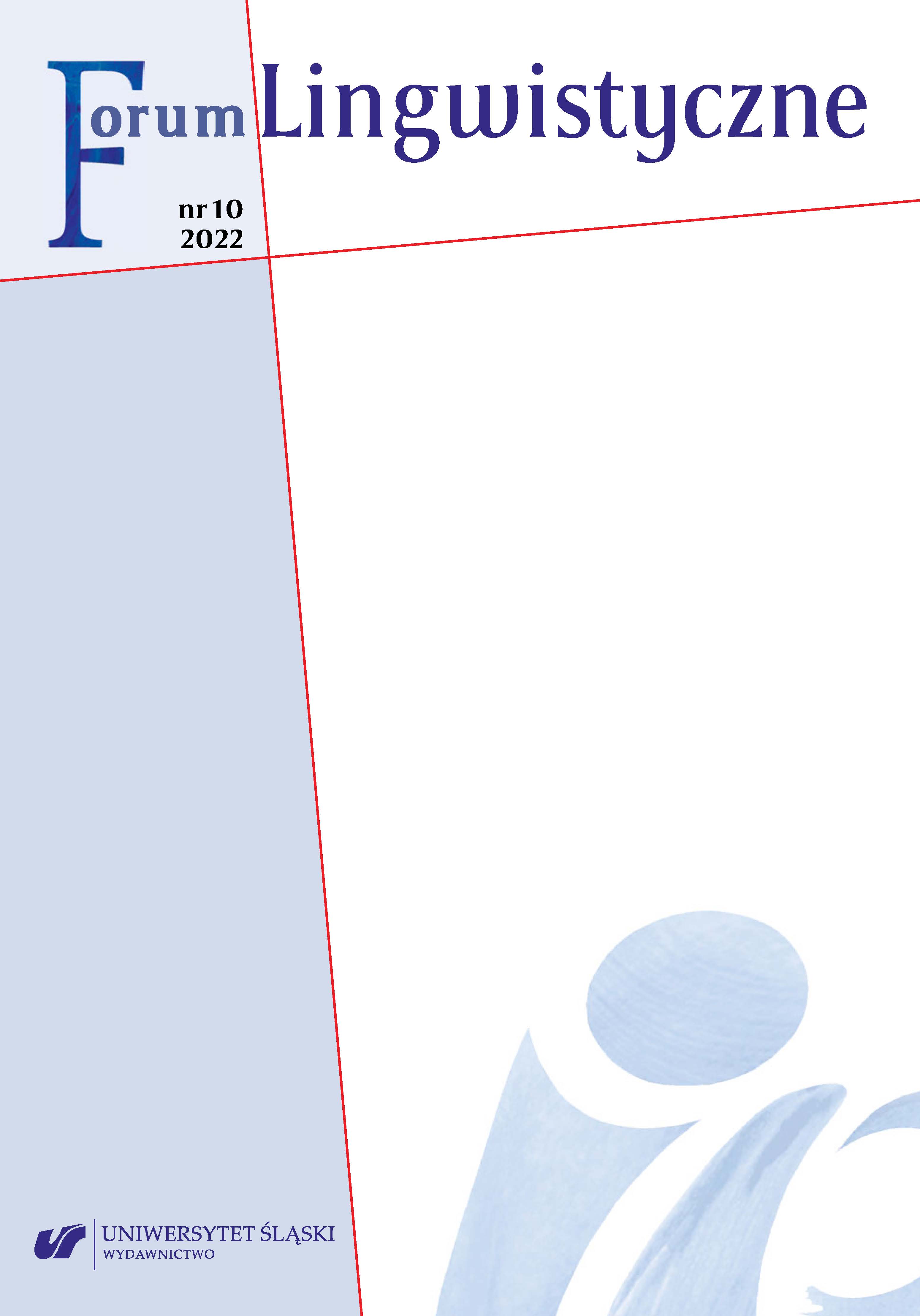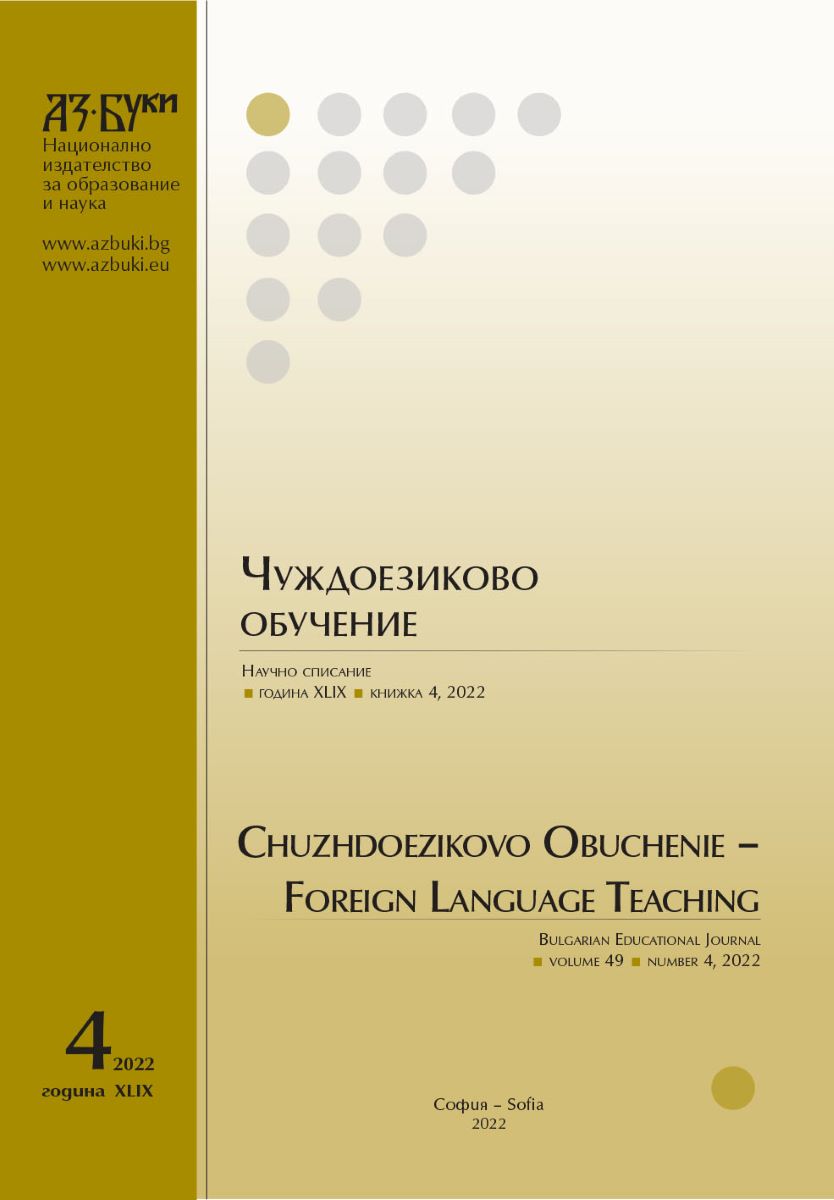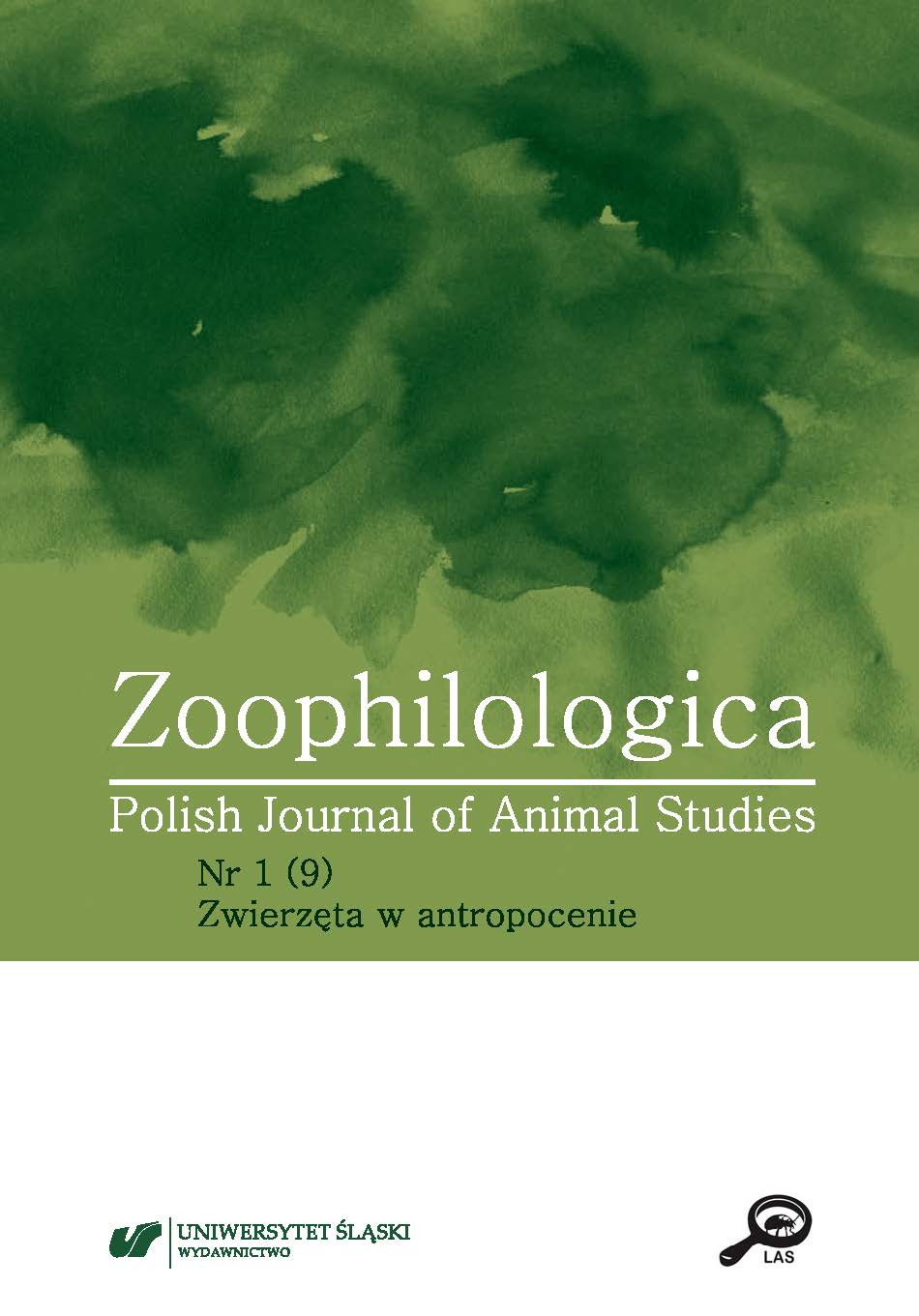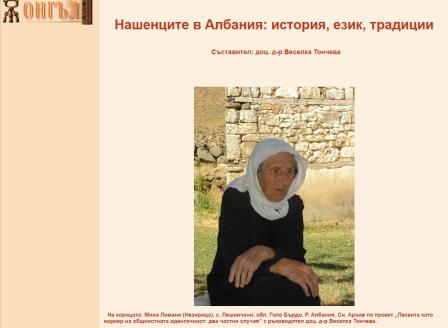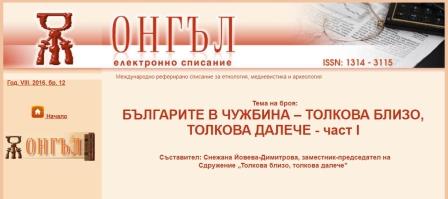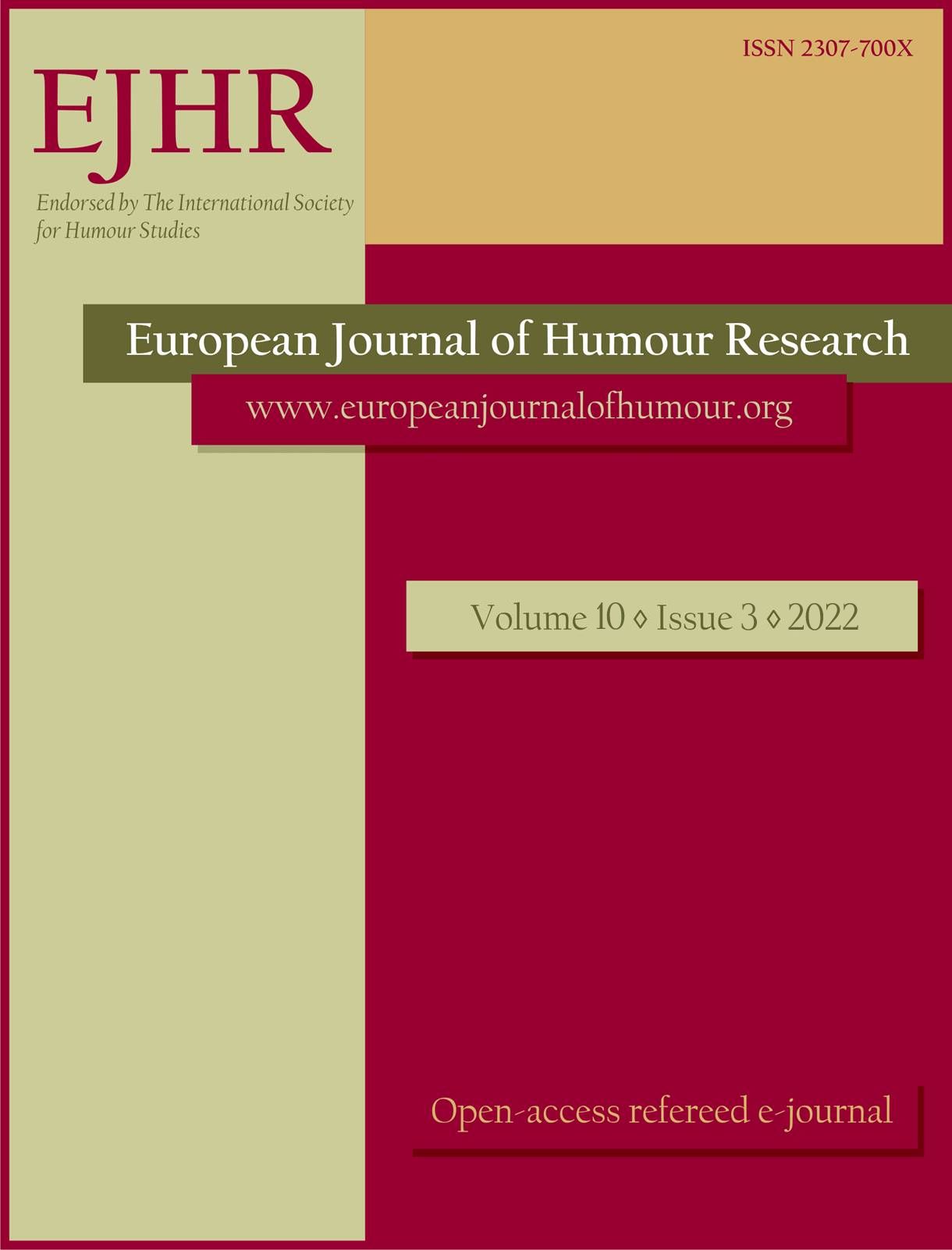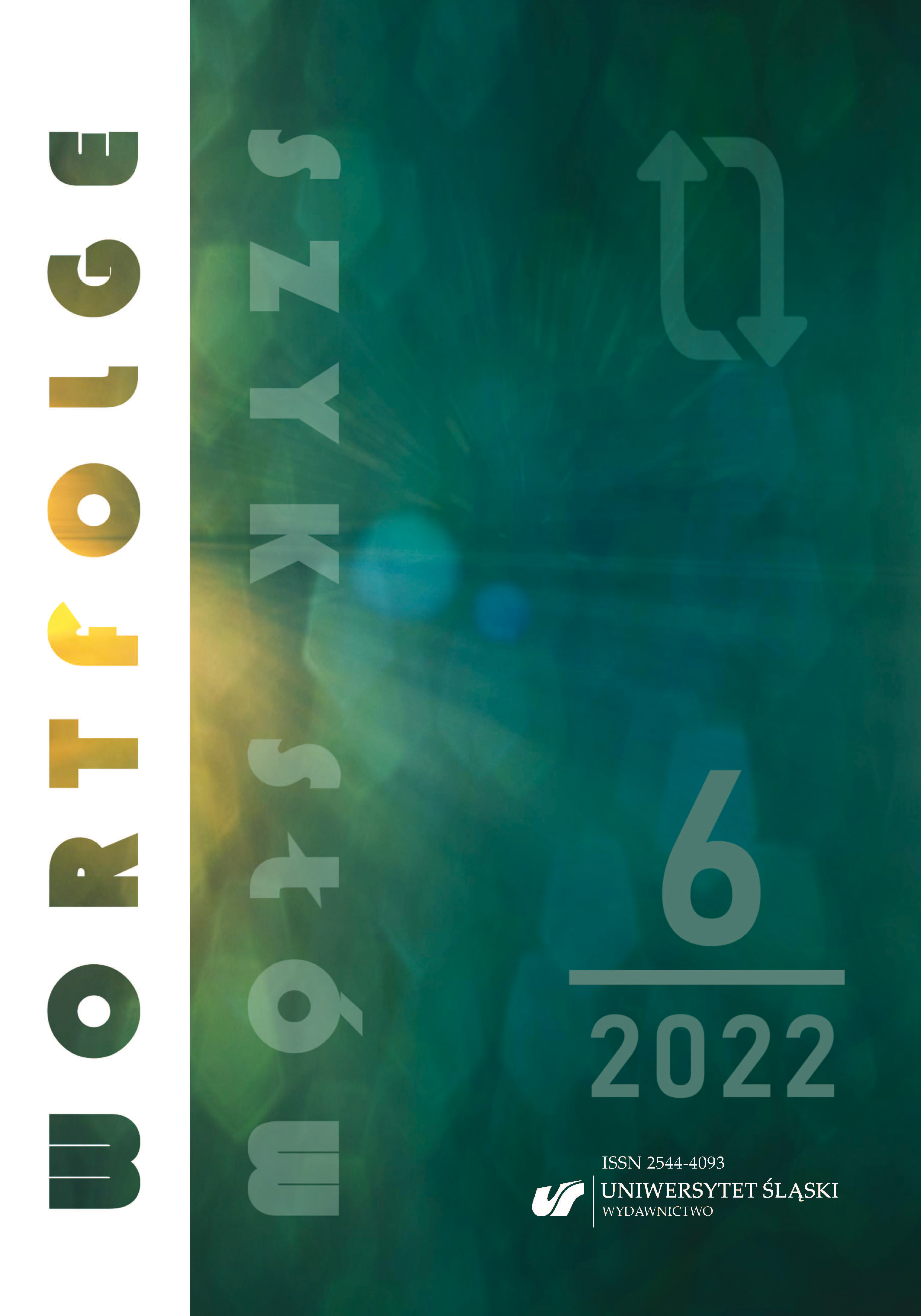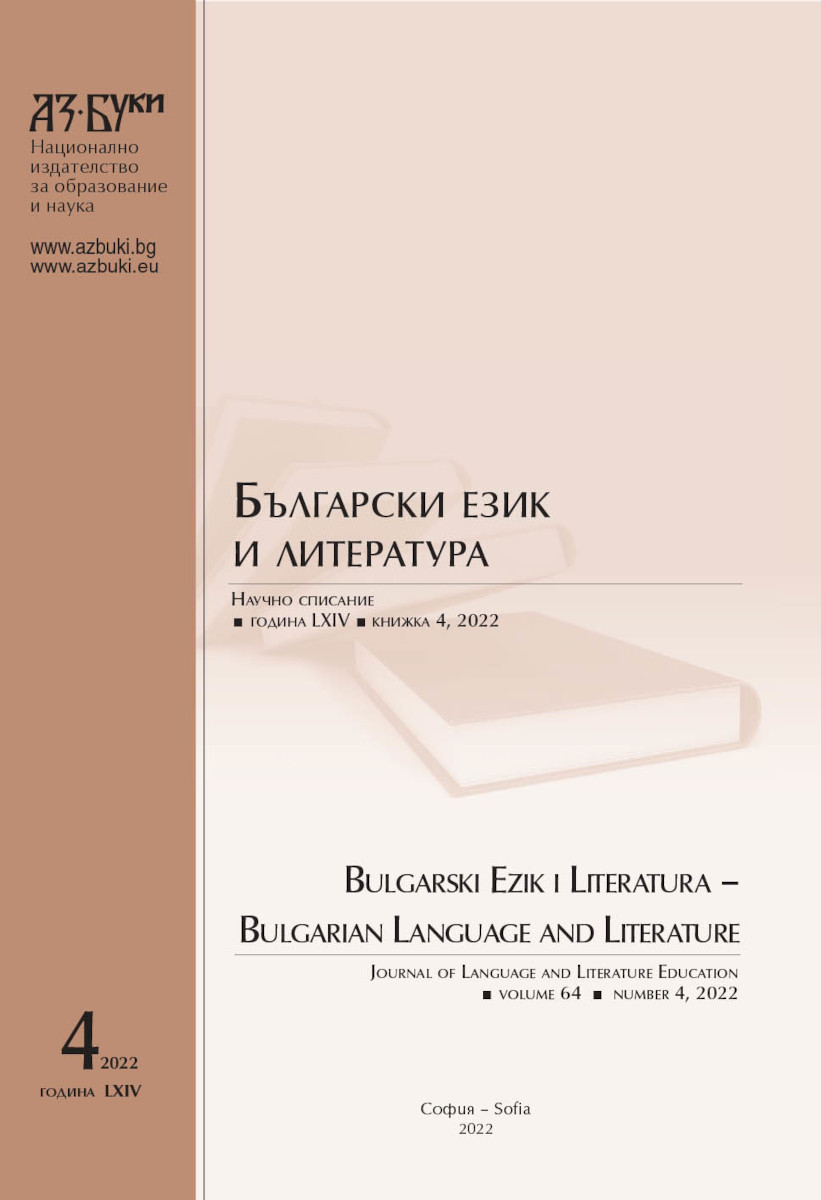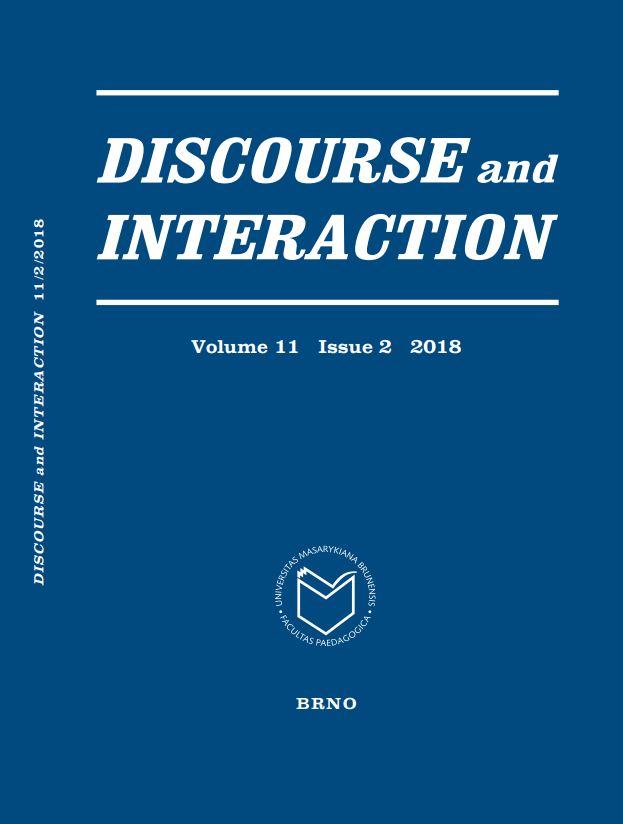
Cross-cultural analysis of interpersonal metadiscourse markers in persuasive local newspaper articles
This paper aims to explore the role interpersonal metadiscourse markers play in the construction and achievement of persuasion in local British and Iranian newspapers. To this end, a corpus of 120 persuasive opinion articles published in two local Iranian newspapers, namely Isfahan Ziba and Isfahan (Emrooz) Today, and two local British newspapers, namely Liverpool Echo and Chronicle Live, from July 2015 to June 2016, were randomly selected and analyzed based on Dafouz-Milne’s (2008) taxonomy of interpersonal metadiscourse markers. The overal findings disclose that interpersonal metadiscourse is present in the two corpora; however, there are variations in the distribution and frequency of interpersonal markers.
More...
